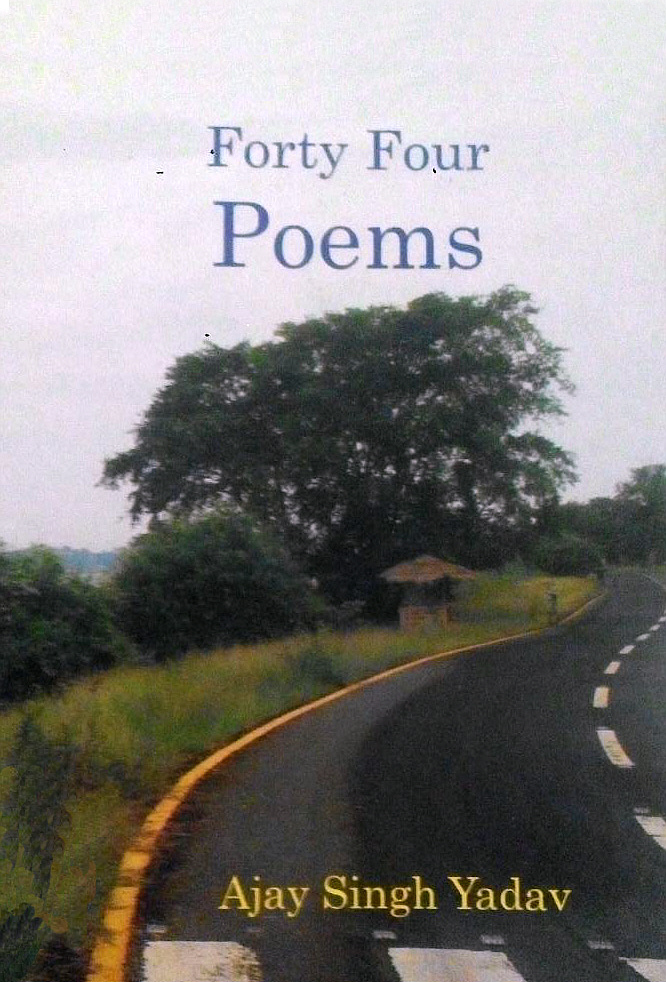The Cemetery At Kashmiri Gate Delhi
If you come here to shelter from the rage
Of summer, seeking the dark umbrage
Of the Kadamb tree makes a gloom
Even at mid-day: if you come
Seeking silence, seeking rest, if your feet
Have you led you by chance to this retreat,
This island girdled by the tides
Of noisy traffic; surrounded on two sides
By ugly buildings that have no excuse
For their ugliness; except perhaps use.
If you have come to this cemetery in the heart
Of the city, the little space that is set apart
And walled in as a sanctuary for the dead.
Do not retrace your steps with weary tread
But enter, no attendance or sexton,
Or grieving mourner will resent your intrusion.
This place is abandoned, old and forgotten.
See the rickety wooden gate, half rotten
And leaning askew, the lodge untenanted
And roofless, with crumbling walls, hunted
Not by ghost, but by neglect and old age,
Which leaves a sadder ruin in their passage.
This is the last resting place of those who came
From a distnt land in quest of fame
Or money, or just pursuing a career.
Soldiers, clergymen, their near and dear.
Servants of the king or the company’s wage slaves
All sleep in these leaf-strewn, untended graves.
Yet some simple memorial to the dead,
Crowns each grave, angels with wings outspread,
Marble cupids, the virgin of Christ himself.
Mounted on pedestals or standing in a shelf.
Though many now badly want repair,
What stands out is the love that built them here,.
In these plain epitaphs with their upwelling of grief,
Unclouded by time or comforting belief
In resurrection, a son’s fond tribute
To a father, ungarnished with sententious truth.
Carved on these rough hewn tablet of stone,
Is the pain of what it means to lose one of their own.
In a corner a hibiscus flames a joyous red;
A gulmohur scatters his blossoms on the dead.
And you must surely have heard
The carefree song of the pasing birds,
Who sings a brief but tuneful measure,
Not for the discerning critic but his own pleasure.
The empire on which the sun never set
Is not for him the cause of any regret
But I seem to know he will feel with me,
More than a twinge of melancholy,
Were time ever to efface or remove,
This forgotten memorial of earnest love.






